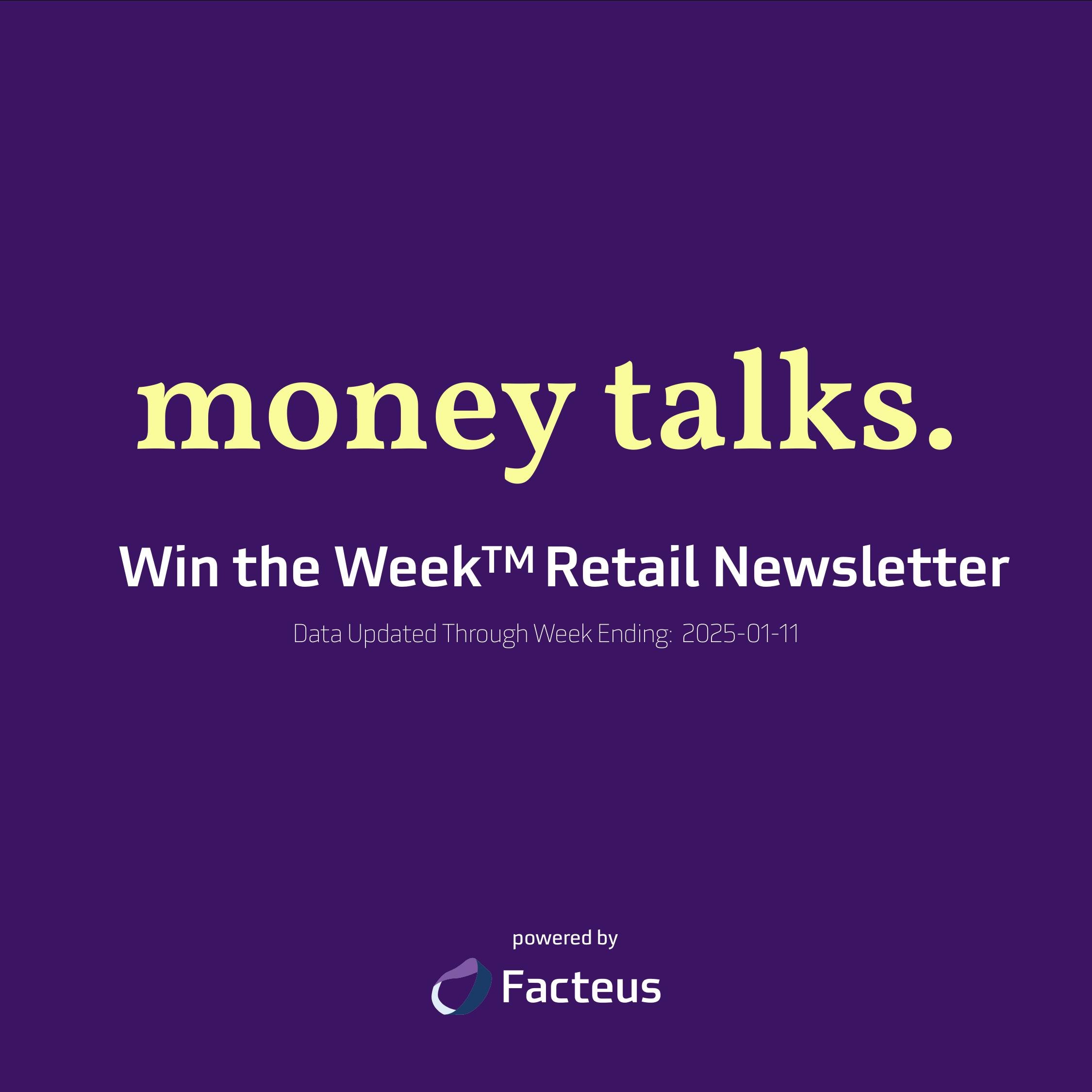MarTech Interview with Lorn Davis, Head of Product and Strategy at Facteus
Lorn Davis, Head of Product & Strategy at Facteus shares a few thoughts on the growing importance of using granular insights to break down customer spending and buying habits and why this is becoming increasingly critical to marketers.
This is an interview-style discussion, with featuring questions from the MarTech team, followed by answers from Lorn Davis.
Welcome to this MarTech Series chat Lorn.
Tell us more about your role at Facteus.
I lead the Product and Corporate Strategy at Facteus. I work directly with our data partners to source new types of transaction data and safely and securely productize that data into actionable insights. We do this through an innovative synthetic data process, which removes and protects the sensitive information within the data, while still maintaining the statistical viability of the transaction details.
I also work directly with our data ‘consumers’ across all different types of industries to help them understand the insights available within our transaction data products and help them succeed in executing their use cases for our data.
We’d love to hear more about Facteus’ data and business intelligence (BI) solutions.
How does Facteus data drive investor and business decisions?
Facteus was founded with a mission to help financial services organizations better understand their own data for loyalty programs, customer analytics, and fraud prevention. However, there is a lot more value in financial transaction data than just analytics. Transaction data is one of the most valuable inputs into the true behavior of consumer or business spending and represents the actual ‘truth’ in spending, not just general trends.
Whether someone is looking for macro, micro, or company-specific trends, Facteus’ transaction data provides unmatched intelligence and unique insights into the drivers behind a company’s performance, industry trends, consumer purchasing behaviors and desires, or the health of the overall economy.
Businesses, investors, and marketers using Facteus data can gain granular insight into consumer spending and business impact at the industry level (retail, entertainment, hospitality, etc.) or at the specific company level.
The transactional data offers a comprehensive, real-time perspective into evolving customer behaviors, such as where consumers are shopping, how much they are spending at specific merchants, and through which point of sale (in-person or online).
This granular view can provide an informational edge when making investment decisions, sizing markets, executing marketing campaigns, or developing new products.
Talk about the importance of financial business intelligence for today’s B2B marketers.
How do consumer transaction data insights help drive certain core areas of the marketing process?
Marketers and advertisers executing campaigns need to understand and identify the applicable consumers and businesses that should be included in their efforts. The three primary objectives of a campaign are to raise awareness, drive sales, or retain/take market share. Historically, sales, demographic, and psychographic data collected from the government, private businesses, and surveys and online behavior via cookies have driven these efforts.
Specifically, transactional data has been recently recognized as an opportunity to better understand, identify, and measure consumers or businesses at a segment level. This interest is primarily driven by the fact that it represents actual or ‘true’ interest in products and services.
This lies in contrast to the “indicated interest” or self-reported nature of other datasets which introduce biases as well as a lagged component (e.g. surveys only performed once or twice a year).
How have you seen business intelligence trends evolve across industries in recent years?
First, we have seen a rising consumer and business awareness of data privacy considerations and a more active regulatory environment in the past years.
With the advent of data privacy regulations like GDPR, CCPA, and GLBA it became paramount to ensure that individual or business privacy was not disclosed with the insights behind the sensitive transaction data.
We have seen growing interest and adoption of synthetic data as a way to unlock the value within sensitive data while still complying with these data privacy regulations and concerns.
Second, with the recent economic disruptions from the COVID-19 Pandemic, there has been a shift in consumer and business spending behaviors, and how they pay for goods or services. Transaction data provides a vital view into consumer and business spending not captured in other data panels. This delivers new and unique insights into demographics, geographies, income levels, and transaction indicators that can complement existing data insights – enabling analysts, investors, and marketers to create a more comprehensive strategy.
How can financial leaders, marketers & salespeople keep up with the changing B2B data landscape?
Given the volatility in spending and purchasing patterns resulting from the COVID pandemic and economic disruptions, it is imperative for businesses to understand the changing trends and shifts in near real-time. The historical process of accessing survey data or historical sales information isn’t going to capture customer preferences.
Especially for marketing executives, who want to find prospective buyers/customers at the ‘point of need,’ this access to real-time insights is important. Transactional data can be real-time input to a company strategy, a marketing campaign, or a product development exercise.
Can you share a few thoughts on the future of MarTech and B2B marketing?
With major market players such as Apple and Google enacting changes to tracking mechanisms that limit 3rd party data available to marketers and advertisers, MarTech and B2B marketing initiatives will need to evolve. These changes are made in the context of rising consumer awareness of privacy considerations and a more active regulatory environment that I mentioned earlier.
Although the long-term effects of these changes are yet to be determined, marketers and advertisers are now looking beyond the traditional datasets to better achieve the goals for their campaigns.
What are some takeaways for business leaders on alt data and consumer transaction data?
In these uncertain times, the importance of making decisions based on data has never been more prominent. That being said, not all data is created equal and it’s important to find the data that will provide the most granular and real-time insights for your specific use case.
Companies will have access to their own data; however, gaining access to a wider range of alt data and consumer spending insights can reveal trends outside their own business, helping to fill in gaps or create a more comprehensive view of the market landscape.







